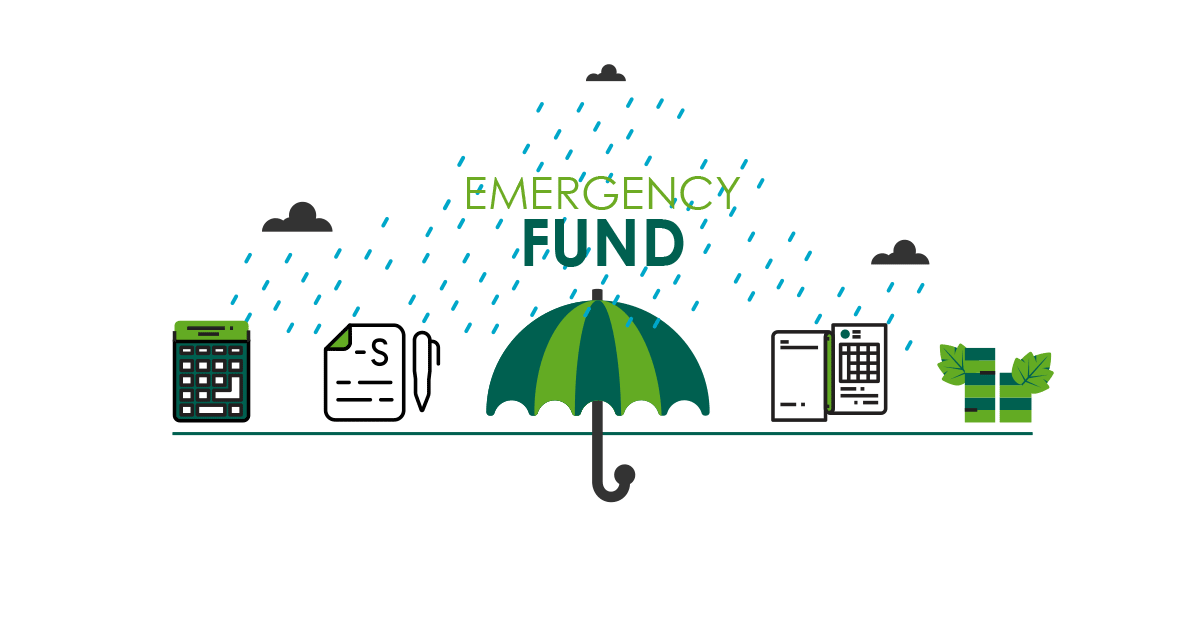
“The Necessity of an Emergency Fund”
If the last couple of months has taught us anything it is that the often talked about, but rarely pursued emergency fund is the essential cornerstone of a financial plan. Whether this is for a single individual, married couple, business, or government (we can dream right?) the idea of having a few months of expenses set aside for emergencies makes a lot of sense. The difficulty is that when times are so good, like they have been for the past 10 years, the idea of setting aside savings that sit in cash or money market accounts is a difficult proposition. People have been able to make a killing on the stock market over the past decade so why should they put their money into a savings account that earns essentially no interest? The reality is, the economy works in cycles, and those that are willing to take a long-term view and make unpopular decisions are the ones that are able to get through these uncertain times without emotions taking over. How much should I have in an Emergency Fund? The first step in figuring out how much $$ to have in an emergency fund is to know what your average monthly expenses look like. Do you spend an average of $3,000, $5,000, or even $7,000 per month? Once you know your average monthly expenses it is then a normal rule of thumb to have between 3 to 6 months of expenses in your emergency fund. So, for someone who typically spends $5,000 every month then an emergency fund amount could be anywhere between $15,000 to $30,000. If employment for that individual or family fluctuates regularly, or there is wide variety in income due to sales related commissions then we usually suggest erroring on the side of a 6-month emergency fund. What should the Money be “Invested” In? If you know the amount you want to keep in your emergency fund, where should you be keeping the funds? Firstly, your emergency fund should be somewhere that you can access quickly and easily. In other words, you don’t want your emergency fund sitting in stocks or mutual funds that fluctuate in value or would take a couple of days to sell out of. Ideally you would want emergency savings in a simple checking account or money market account that comes with debit card or check writing privileges. However, it’s important to NOT keep your emergency fund in a place that is too easy to access to avoid the temptation to dip into it. If you have the means, setting up the checking account at a separate bank from your everyday checking/savings accounts is a great option. When should I/We use the Emergency Fund? When sudden expenses pop up, they can certainly feel like emergencies, but that might not always be true. Three questions that we have our clients ask themselves to determine if they need to tap into their emergency savings are:- Is it unexpected?
- Is it necessary?
- Is it urgent?
April 10th, 2020
Copyright © 2024
Van Gelder Financial
